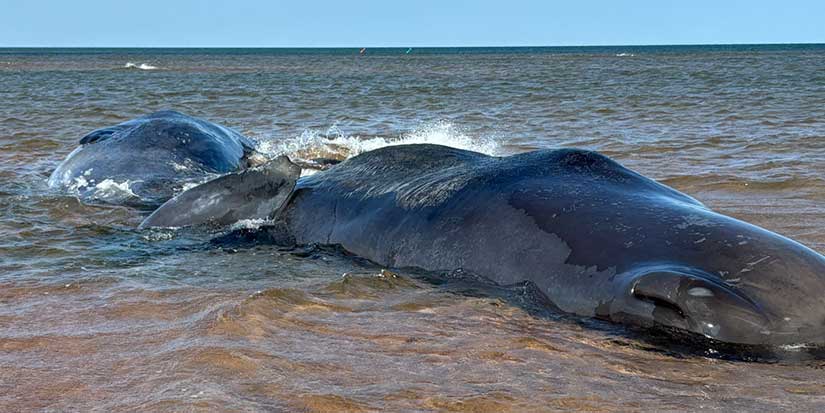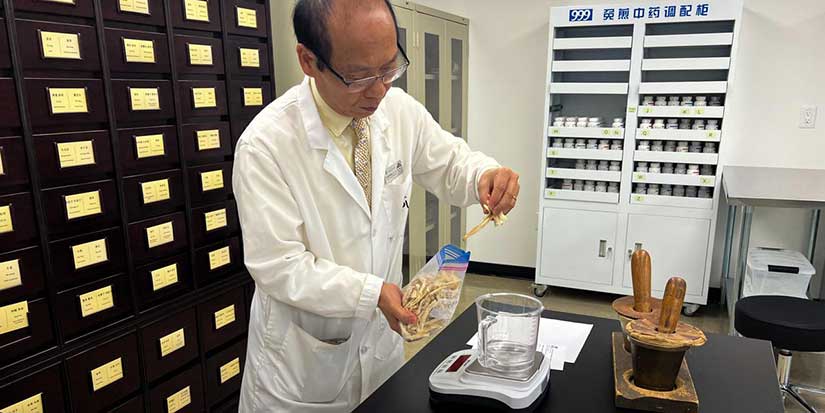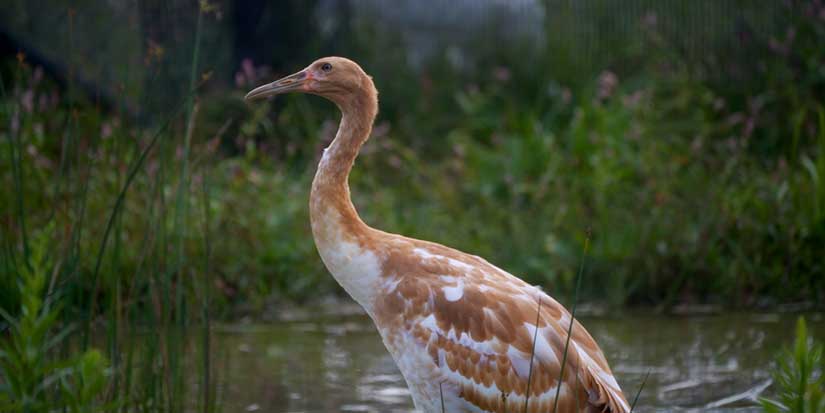National News
One of three beached sperm whales in P.E.I. dead; condition of another unknown
Published 11:18 PDT, Mon September 29, 2025
Last Updated: 12:37 PDT, Mon September 29, 2025
—
One of three beached sperm whales off the coast of northern Prince Edward Island has died, says a marine rescue organization.
Tonya Wimmer, executive director of the Marine Animal Response Society, said her organization got a call about the stranded animals on Saturday evening.
The first whale was dead soon after, she said.
"At least one had unfortunately passed. It actually (died) through the night the first night, and we know one — as of a few hours ago — was still breathing, and the other one, we're not quite sure yet," Wimmer said in an interview, en route to the site of the stranding.
Fisheries and Oceans Canada did not have an immediate update on the situation but pointed to a social media post from Sunday confirming the stranding.
"If you encounter marine mammals, please maintain a minimum distance of 200 metres," it said.
The U.S. National Marine Fisheries Service describes the animals as "the largest of the toothed whales" with the "widest global distributions of any marine mammal species."
In Canada, sperm whales are found in deep waters either on the continental shelf or even in the Gulf of St. Lawrence, and Wimmer was concerned they were so far away from their natural habitat.
"So that's also a major concern as to why these animals would be this close in the shore, because this really is not a habitat that they normally are in," she said.
While single sperm whales have occasionally been found stranded in Eastern Canada, she said the last time a beached group of whales was found was about 20 years ago in northern New Brunswick.
"This really is an unusual location for these animals to be found in."
Why they were stranded in northern Prince Edward Island is a question that will need to be looked at, she said.
"With these animals, there's no real obvious indicator in that way," she said. "We do want to be able to work with our veterinary colleagues to try to understand why, and may be able to sort of glean an idea as to why they ended up where they did, or if they just, for some reason, took a wrong turn."
It was distressing to see the animals flapping their tail fin on the beach, and their size makes it difficult to rescue them, Wimmer said.
If someone attempts to rescue the whales without the right equipment, she said, it could end up doing more harm than good.
"We absolutely cannot just put a rope around the tail and tow them off," she said. "It'll actually do even more damage to the animals. So there are only certain tools and means actually available to us at this time. And a lot are not possible because of the location of the animals."
































